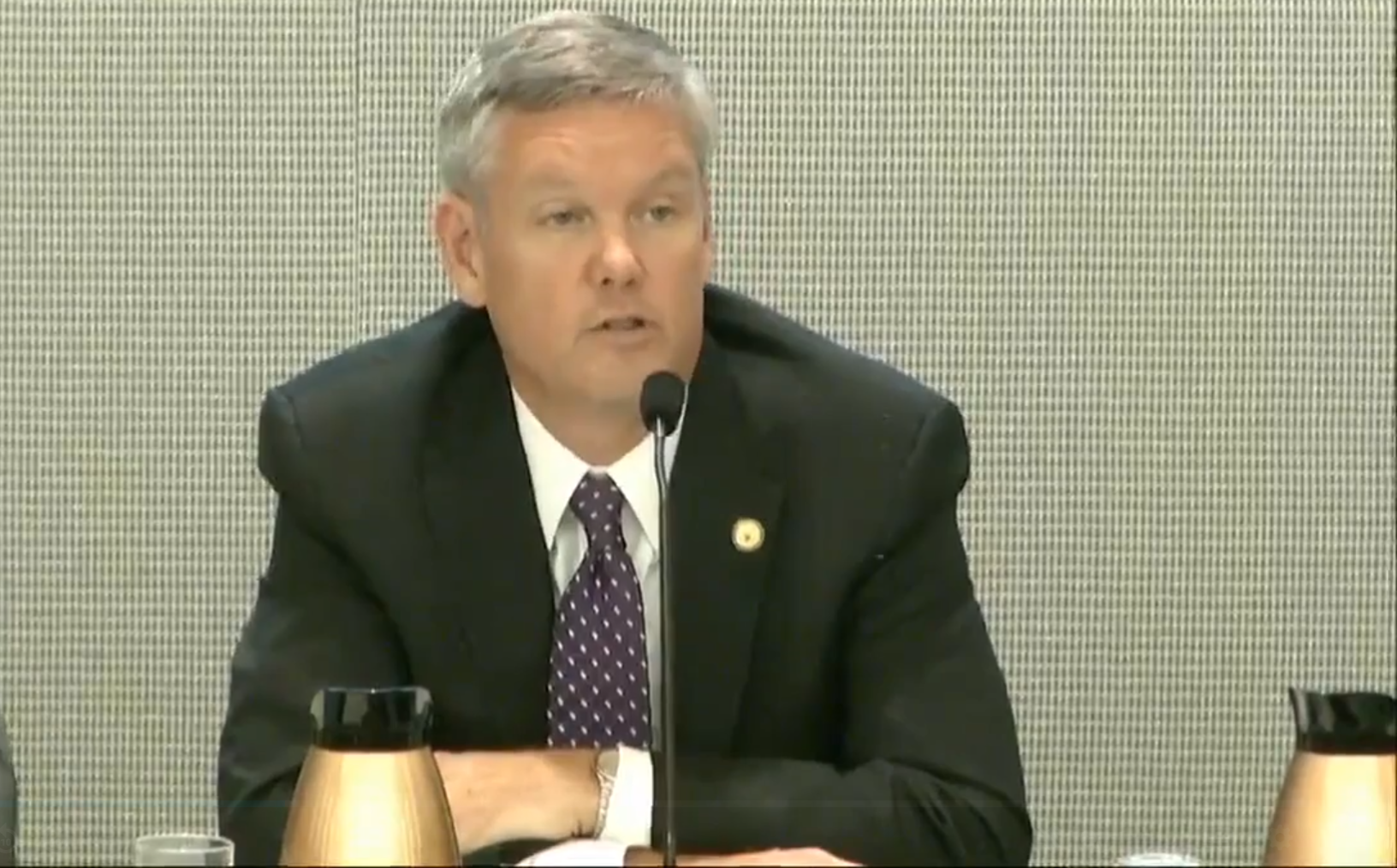
As part of a review of its new responsibilities under a bill passed this year, the Nuclear Regulatory Commission might create a new branch focused on exports, or it might not, the agency’s head told media Tuesday.
“We may do that, but that’s a discussion…